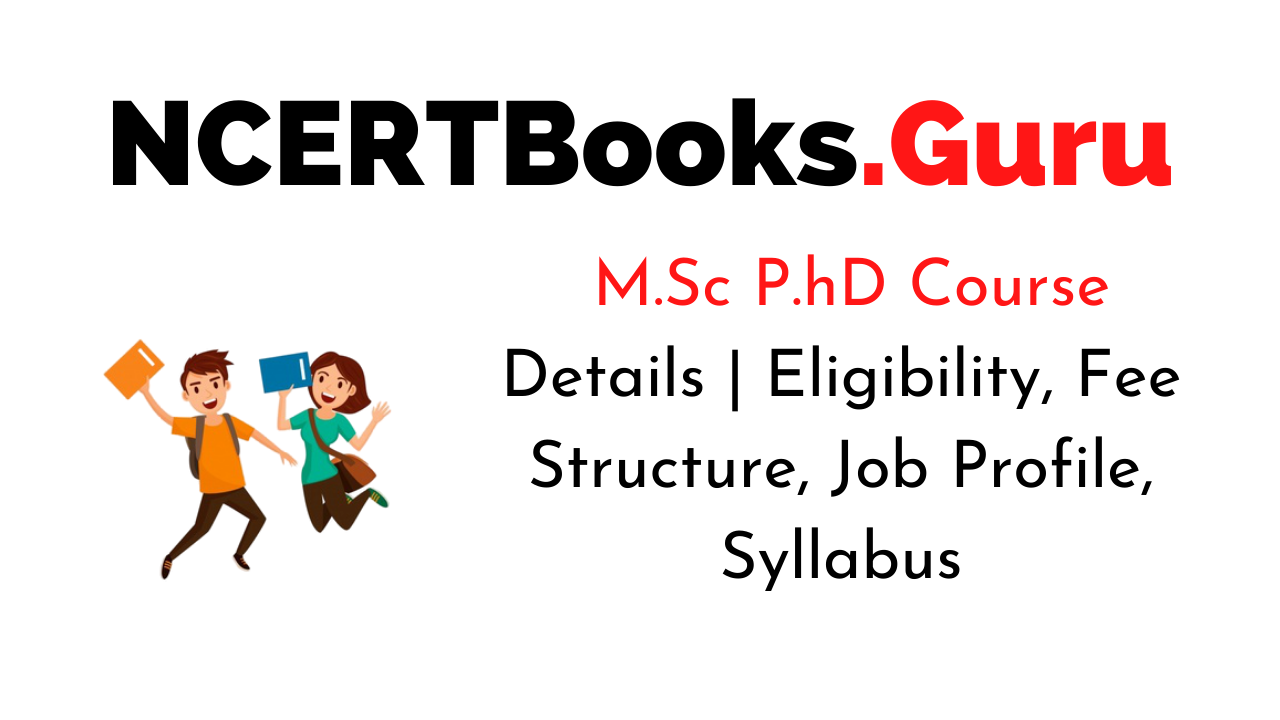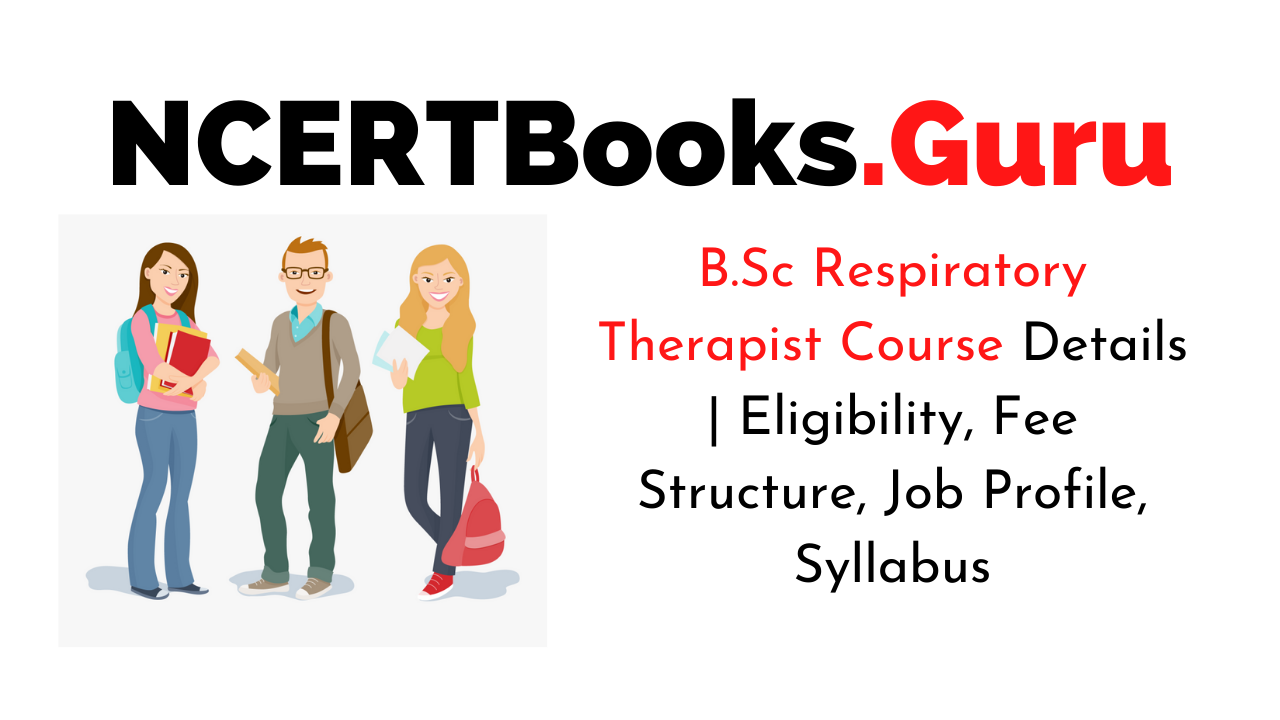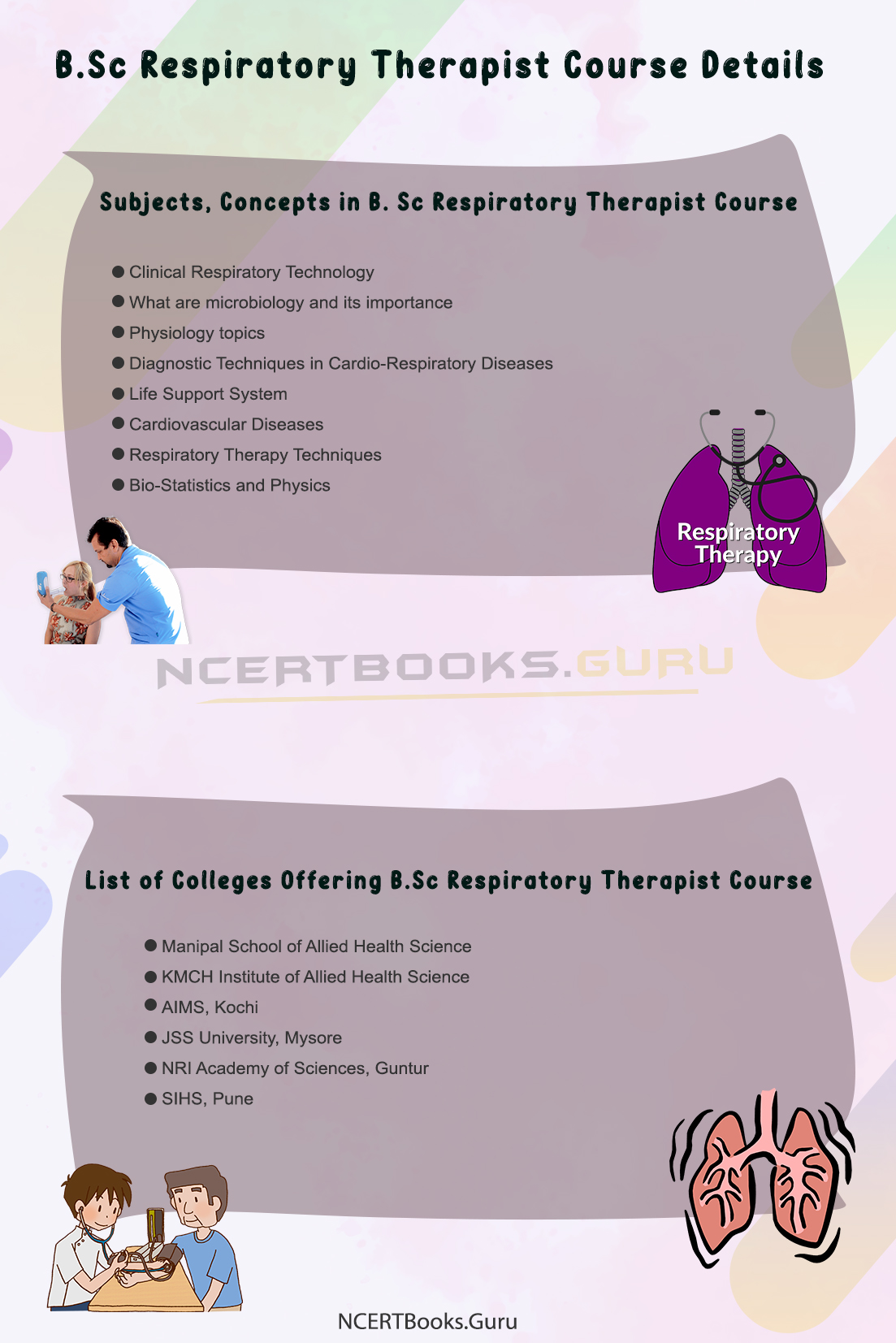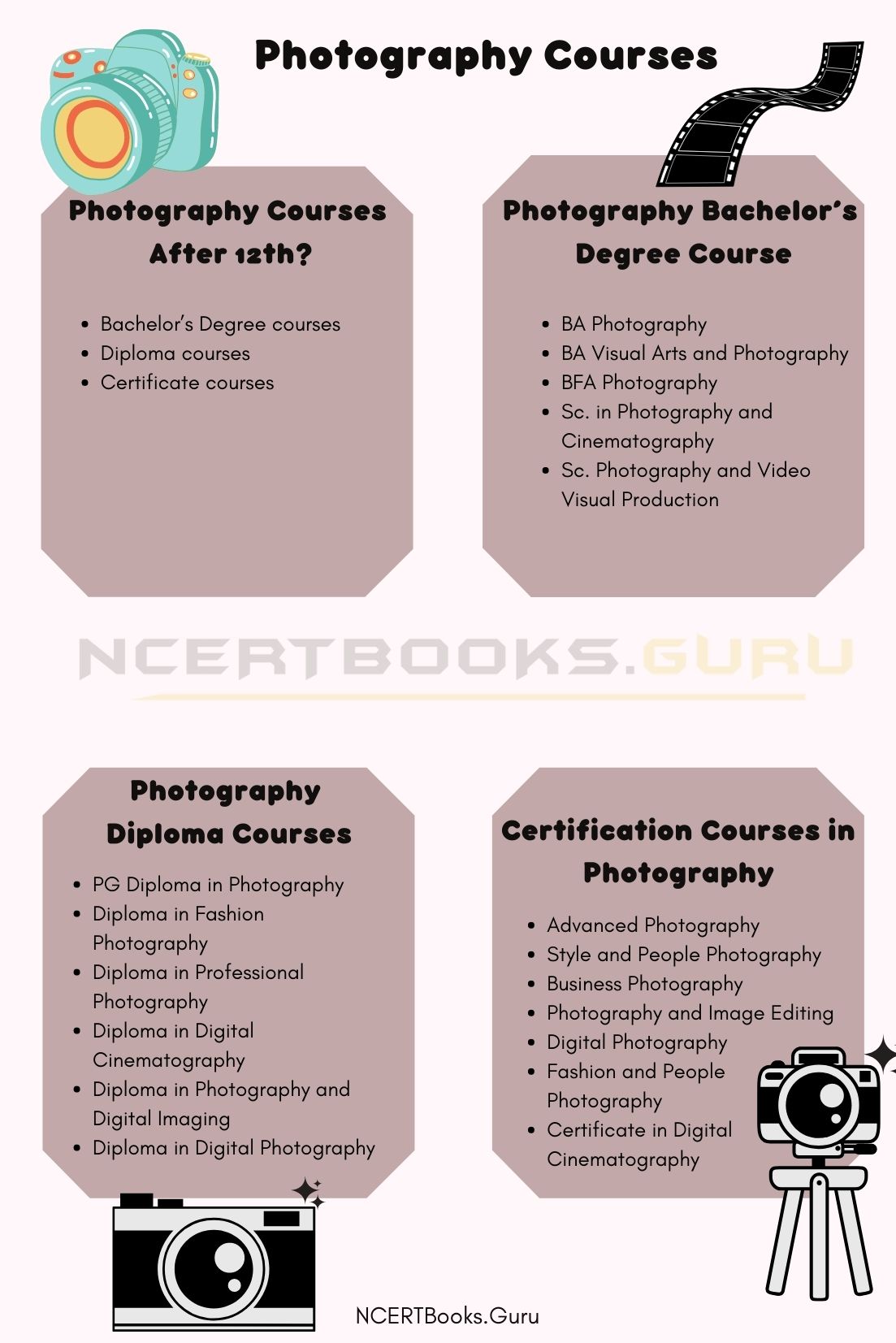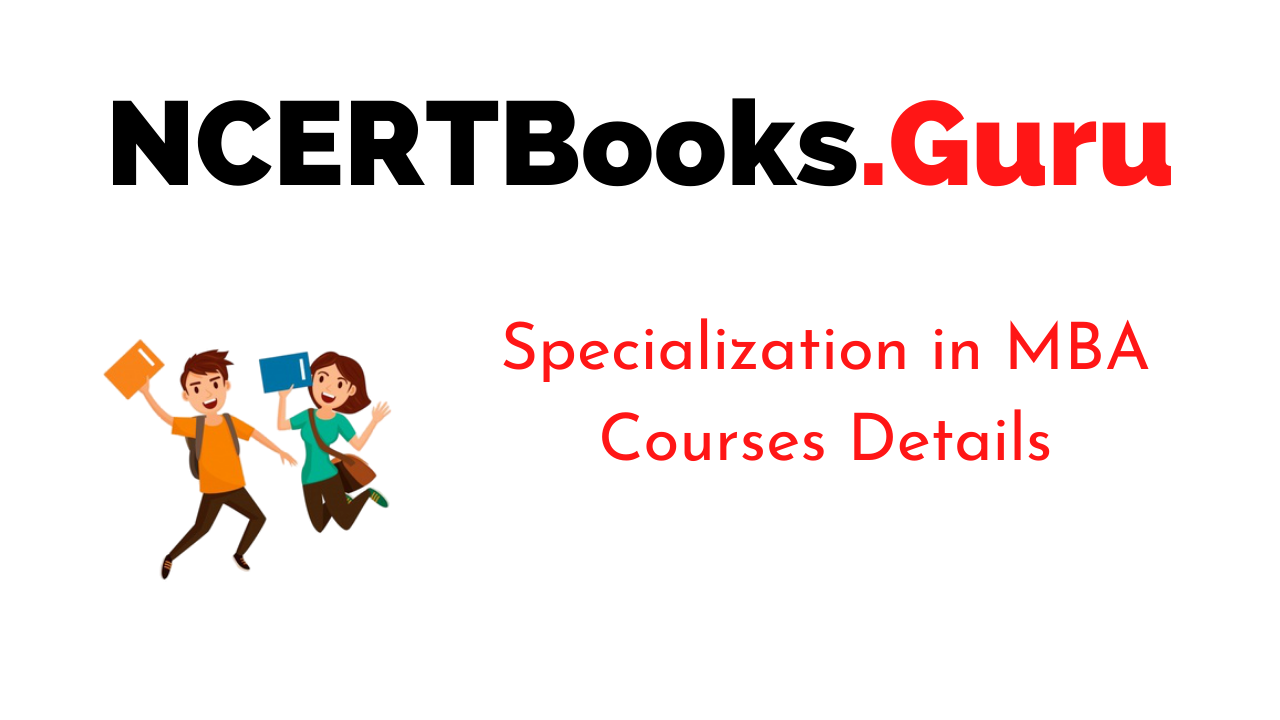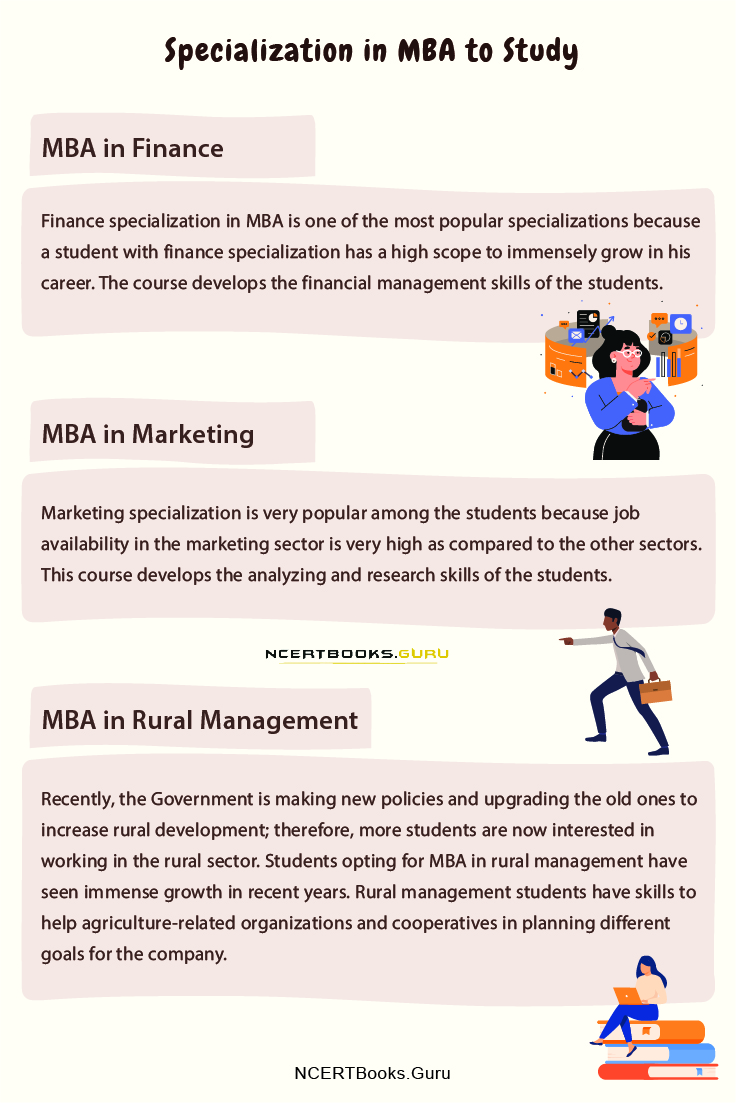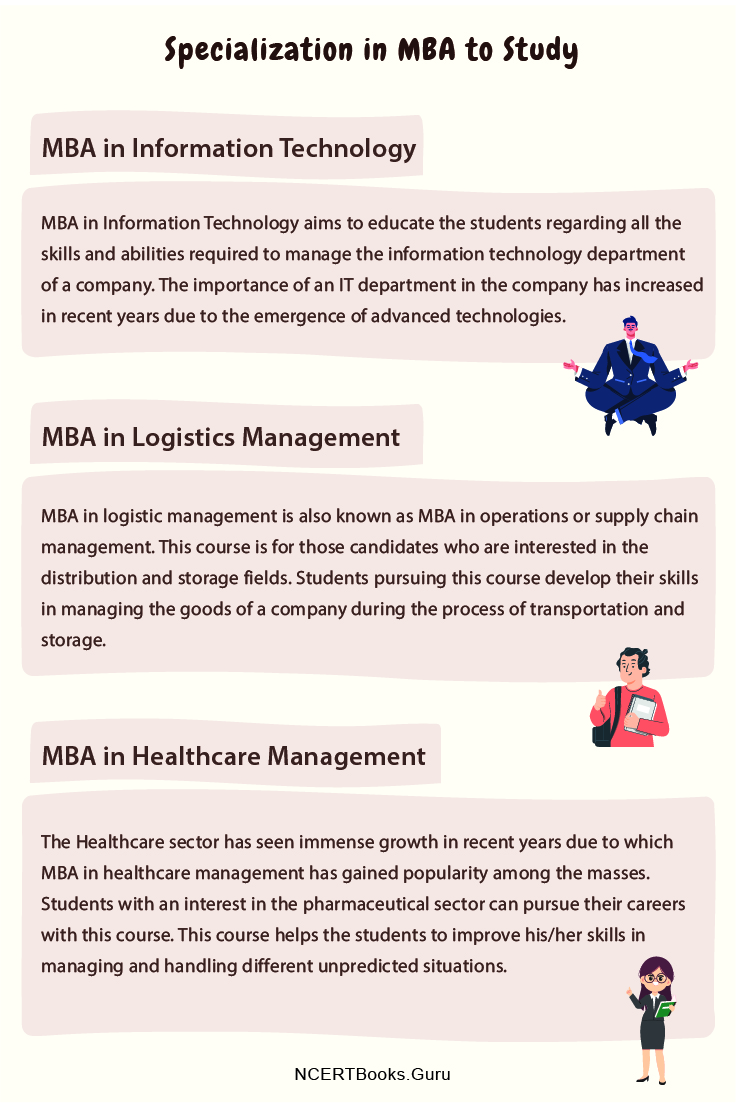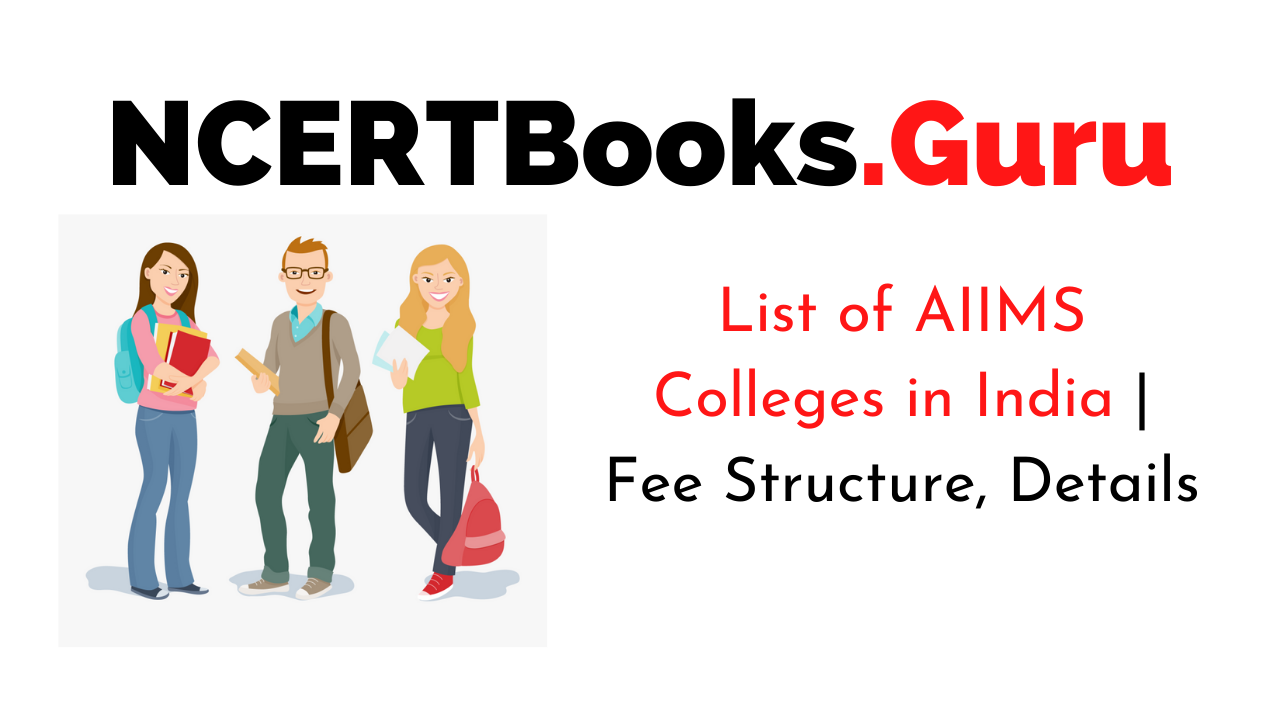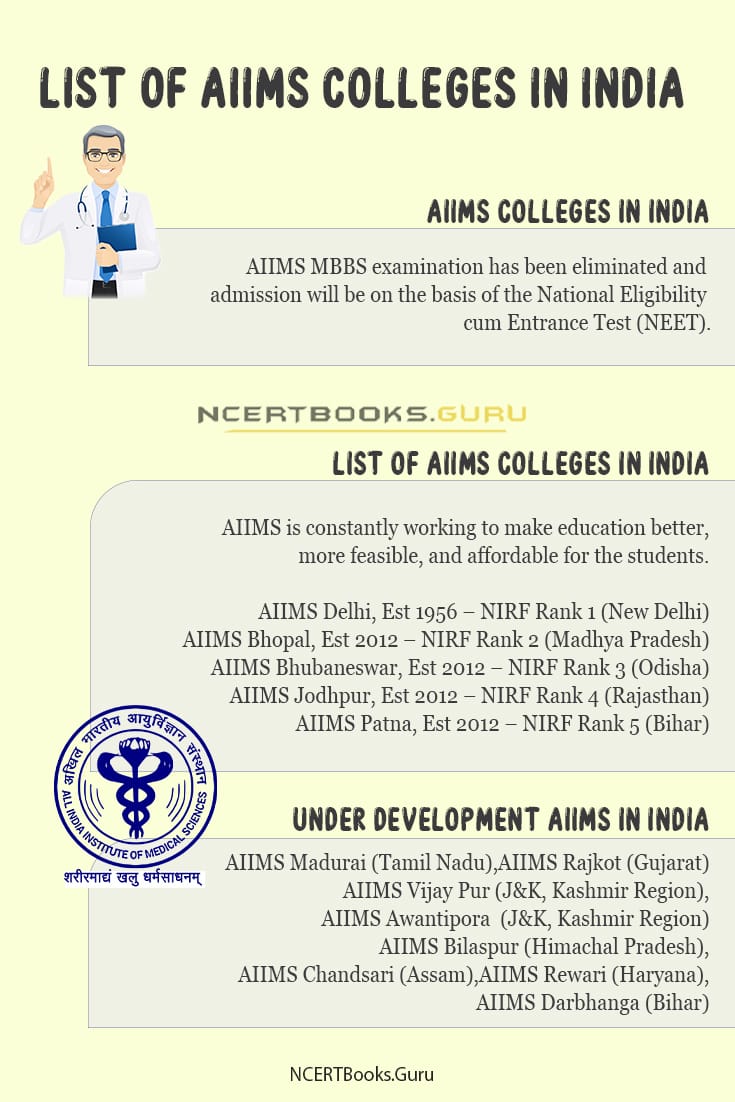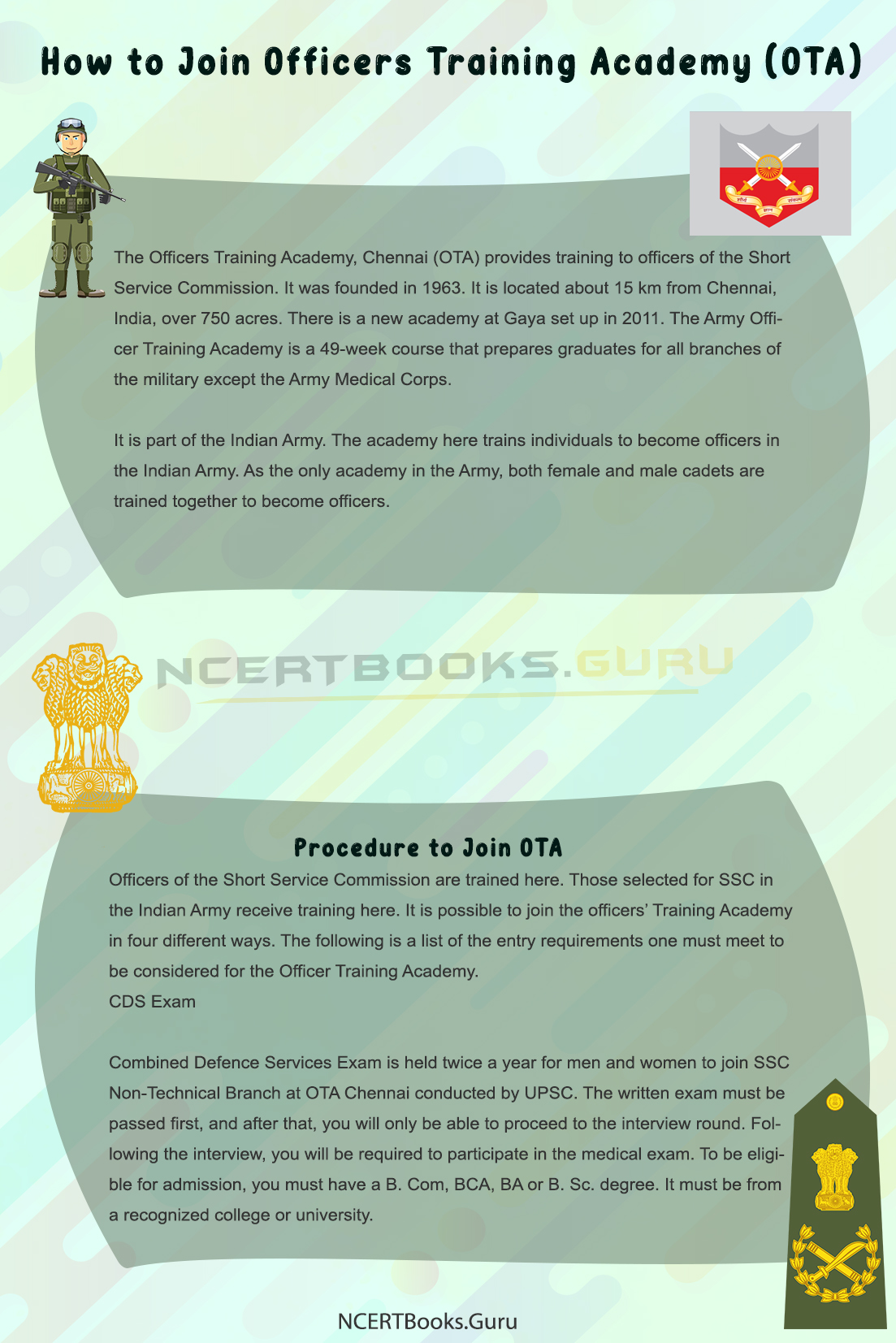M.Sc P.hD: M.Sc P.hD is a 6.8 years-long integrated course program. It is an integrated course of Master of Science with Doctorate of Philosophy designed for students with scientific vigor for research and theoretical knowledge.
Depending on the choice or interest, students can choose a specialization that edges their research-oriented skills and aids them in constructing a career in this field. M.Sc P.hD is an ideal course for students with an inclination towards advanced research in fundamental sciences.
After reading the guide, you will have an idea about:
- M.Sc Ph.D. Course Overview
- Eligibility Criteria for M.Sc Ph.D.
- M.Sc Ph.D. Course Structure
- M.Sc Ph.D. Admission Process
- Top Institutions Offering for M.Sc Ph.D.
- M.Sc Ph.D. Course Fee Structure
- M.Sc Ph.D. Career Prospects
- Salary Prospects of an M.Sc Ph.D. Graduate
- What is the primary difference between dual M.Sc Ph.D. and joint M.Sc Ph.D.?
- How long is the M.Sc Ph.D. course program?
- What are the eligibility criteria for the MSc Ph.D. course program?
- What are the various institution-based entrance examinations to write for the MSc Ph.D. course program?
- What is the career scope in this course field?
About M.Sc Ph.D
M.Sc P.hD is a 6 to 6.8 years-long dual degree program with a deadly combo of Msc-P.hD combined. This integrated course rewards a student with a double degree. The multi-disciplinary curriculum covers the core and elective course modules.
M.Sc-P.hD is designed to fulfill the requirements of a modern researcher of familiarity with the experimental and theoretical fields.
The M.Sc+Ph.D is an integrated degree program that involves advanced courses, foundation courses, and research work. Students are rewarded with M.Sc and Ph.D. degrees simultaneously on completion of the one-degree program.
This program consists of two semesters, and for the first two years, students are dedicated to pursuing some small research projects. They are given a choice to select their guides and laboratories during this period. The next 4.5 to 5 years of the candidate’s educational journey revolves around research.
M.Sc Ph.D. Course Overview
| Particulars | Details |
| Name of Course | Master in Science + Doctoral Program |
| Course Level | Masters+Doctorate level |
| Course Duration | 6 to 6.8 years |
| Eligibility |
|
| Admission and Entrance Exams | M.Sc + P.hD course admission is based on a college or university’s qualifying examination and a standard entrance exam such as IIT JAM, BITSAT, JEE Advanced, AP EAMCET, etc. |
| Top Colleges |
|
| Similar Specifications |
|
- The integrated course of M.Sc and Ph.D. is ideal as it spares additional years for those students who pursue both M.Sc and Ph.D. separately.
- M.Sc and Ph.D. is a program explicitly designed for students who choose to pursue a research-oriented career.
- The M.Sc-Ph.D dua integrated degree program involves research work, foundation courses, and advanced courses that reward students with both the M.Sc and Ph.D. course programs simultaneously on completion of one program.
- Students who complete the M.Sc+Ph.D integrated degree course will be paid a stipend for their fellowship associated with the institution.a
- The Master of Science with Doctorate of Philosophy degree program typically includes writing a thesis or dissertation in the M.Sc period.
- The M.Sc course program is designed for those students with a want to involve themselves in scientific research & theoretical knowledge with specializations in the field of interest.
- Candidates who want to gratify their thirst for knowledge with suitable answers and explore various hypotheses by studying the full range of issues must go for this M.Sc+Ph.D program.
- Students with an M.Sc+Ph.D integrated degree course can get an average starting pay package of INR 26,000/- to 30,000/- per month, depending on the job profile and employment area.
- The institutions like Rajiv Gandhi University, Itanagar, IIT, Kharagpur, University of Engineering and Management, Kolkata offer the M.Sc+Ph.D integrated course.
Eligibility Criteria for M.Sc Ph.D.
The eligibility criterion for the M.Sc P.hD integrated degree is similar to various integrated programs in other disciplines. The following candidates are eligible for applying for an M.Sc P.hD course
| 10+2 Stream/Bachelor’s | Candidates from the Science stream or B.Sc can apply |
| Cut-off Marks | An aggregate of 55% to 60% and above in B.Sc. with first-class specifications in high and higher school (10 and 10+2) |
| Age Limit | 20 years for General category, 23 for SC/ST/OBC, 25 for PWD |
- Candidates with a Bachelor’s degree in Biotechnology or Chemistry or Pharmacy or Biology or Mathematics or Veterinary Sciences or Physics or Agriculture as applicable to individual disciplines, under the 10+2+3/4 system, are eligible to apply to this program.
- Candidates with BE or B.Tech degree programs who qualify in the Mathematics or Mathematical Statistics paper in the JAM entrance exam are eligible to apply for the Mathematical Sciences.
- Candidates with BE or B.Tech degree programs who qualify in the Biotechnology paper in the JAM entrance exam are eligible to apply to the Biological Sciences.
- Candidates who have cleared JEST 2020 are eligible to apply for an M.Sc P.hD integrated degree.
- Candidates who seek admission for M.Sc P.hD integrated degree at IISc should qualify in the JAM Entrance examination.
Additional Criteria Requirements
- The minimum eligibility criteria for admission in M.Sc P.hD integrated degree program is an aggregate of 55% to 60% and above (first class) or equivalent grade in the Bachelor’s degree (as declared by the University).
- The minimum eligibility criteria for SC/ST candidates are relaxed to pass class over the first class in the qualifying examination.
- Departmental specifications require an eligibility criterion of subjects at the Bachelors’s or 10+2 standard levels. To deem eligible for certain institutional departments, candidates must ensure that these requirements are met.
- Final year graduates- students in the final year of their qualifying examination and awaiting the results are also eligible to apply. However, this sect of students should have met the eligibility requirements for the award of the qualifying degree, including all the entrance examinations, dissertation projects, viva-voce, etc., at the time of admission.
Get to Know More about other types of Course Details Streamwise, and Category wise.
M.Sc Ph.D. Course Structure
The M.Sc P.hD academic year comprises two semesters- the first semester in August to December and the second semester from January to May. During the first three academic years, students must complete:
- Ten lecture courses – each course lasts one semester.
- A short course that is taught in July
- A laboratory rotation course
- Two small research projects – Project A1 and Project A2
- An extensive research project – Project B
- Research Methodology course program ( This course program is evaluated with a Pass or Fail criterion)
The two small research projects- Project A1 and Project A2, each last for eight weeks. The two projects are carried out during the second semester of the first academic year. Both projects are under different supervisors. During the second academic year, students will have to start with their second project- Project B. This project must be completed during the first half of the second academic year.
M.Sc P.hD students will receive course credits associated with the course structure. The overall credit validation is scored for 100 credit marks. The credits vary from one institution to another. However, the credit mechanism overview for most institutions are as follows:
| Credit for the ten lecture courses | 40 credits |
| Credit for the one short course | 2 credits |
| Credit for Lab rotation course | 10 credits |
| Credit for the two short projects- project A1 and Projects A2 | 24 credits |
| Credit for M.Sc Project | 24 credits |
| Total | 100 credits |
Thus, by completing these courses and projects during the academic years, the students will earn a total of 100 credits. Upon successful completion and acquisition of 76 credits ( excluding the M.Sc project credits), students are deemed eligible to register for the Doctoral program.
Passing Criteria
- Candidates must secure a minimum average of 50 percent aggregate in every course and project.
- Candidates who have not passed with the minimum criteria in a particular course or project will be required to repeat the course and project in the next available opportunity.
- Students failing in two or more courses or projects during the academic year will have to leave or discontinue the M.Sc P.hD integrated degree program.
- If a student fails to pass any course or project even in the second attempt, they will be asked to leave or discontinue the M.Sc P.hD course program.
M.Sc Research Project
The M.Sc project started during the second semester of the second academic year. The M.Sc. research project is a full-time research project. The M.Sc. research project can either be a continuation of the short-term projects- Project A1, Project A2, or Project B or can be a completely new project.
The M.Sc project is done in consultation with Int. M.Sc.-Ph.D. supervisor. Besides, students are expected to complete all their course requirements during the second and third year of their course program.
M.Sc Ph.D. Admission Process
The admission procedure for M.Sc-Ph.D. consists of a written test- Entrance examination. Candidates need to qualify in the written entrance test. Qualified students will be called for final selection. Qualified students will have to complete a six-year course. Upon successful completion, students can successfully start with their course program.
Entrance Examinations
Aspirants must appear for an entrance examination to get admission into M.Sc.-Ph.D. there are various institutions-based entrance examinations for the M.Sc. Ph.D degree program. However, the top four entrance examination are as follows:
| Name of Examination | Conducted by | Eligibility |
| JEE Advanced | Zonal Coordinating IITs |
|
| BITSAT | BITS Pilani |
|
| AP EAMCET | Jawaharlal Nehru Technological University, Kakinada (JNTUK) |
|
| CUSAT CAT | CEPT University |
|
Other institution-based Entrance Examinations for M.Sc.-Ph.D integrated degree program are:
- KIITEE
- IMU-CET
- Symbiosis Entrance Test
- IPU CET
- JCECE
- TMI SAT
- TS EAMET
- Others
Scholarship:
The course program offers a scholarship for qualified students. However, the scholarship varies accordingly from an institution. Students of the M.Sc-Ph.D Degree program are entitled to a scholarship grant of ₹ 21000/- per month and a contingency grant of ₹25000/- per annum for the first year.
Upon the completion of the first academic year, Research Scholars are entitled to a scholarship of ₹31000/- per month and a contingency grant of ₹40000/- per annum. This is based on the subject that provides satisfactory performance.
After completing the necessary formalities for the course registration of the M.Sc.-Ph.D Degree program, students will be entitled to a scholarship grant of ₹35000 per month and a contingency grant of` ₹40000 per annum up till the sixth academic year.
In case of an extended year- a tenure is granted for the seventh year. Students will be entitled to an extended grant of ₹17500 per month.
Top Institutions Offering for M.Sc Ph.D.
M.Sc-Ph.D Degree program is a popular integrated course program across government and private-run institutions. Given below are a few public and private institutions that offer M.Sc-Ph.D Integrated Degree program.
- Indian Institute of Technology, [IIT] Bombay, Mumbai
- Seacom Skills University, [SSU] Birbhum, West Bengal
- Indian Institute of Technology, [IIT] Kanpur, Uttar Pradesh
- Rajiv Gandhi University, [RGU] Itanagar, Arunachal Pradesh
- Indian Institute of Technology, [IIT] Kharagpur, West Bengal
- Central Food Technological Research Institute, Mysore
- Indian Institute of Science Education and Research, [IISER] Bhopal
- National Institute of Science Education and Research, Bhubaneswar
- Pondicherry University, Puducherry
- National Brain Research Centre, [NBRC] Gurgaon
M.Sc Ph.D. Course Fee Structure
M.Sc-Ph.D Degree program fee structure varies significantly across government and private-run institutions. The fee structure at public institutions fluctuates between ₹ 60,000 to ₹2.38 Lakh per academic year. The fee structure at private institutions fluctuates between ₹2.60 Lakh to ₹ 11.20 Lakh per academic year.
On average, top institutions like IIT-Bombay charges Rs. 50,000 per academic year, IIT- Kanpur charges Rs. Thirty-six thousand per academic year, and IIT- Kharagpur charges Rs. 12,000 per academic year. Other than the tuition fee, these figures often include the hostel charges, campus development charges, library fees, museums/ art visits, incidentals, etc. Public colleges typically charge a lower fee.
Also, Read Related Articles
- Agriculture Science and Technology Courses
- B.Sc Forensic Science Course
- B.Sc Filmmaking Course
- B.Sc Biotechnology Course
M.Sc Ph.D. Career Prospects
After receiving M.Sc-Ph.D Degree, students have a plethora of options to choose that cater their education. In addition to campus placements, students are offered the roles as Research Scientist, Senior Research Scientist, or Professor at reputed institutions of their choice. Many a time, an institution offers full-employment right after they finish their internship with the firm.
M.Sc-Ph.D Degree offers some of the best platforms for students to experience innovative learning with outstanding knowledge. M.Sc.-Ph.D Degree graduates are educated in sharing techniques and practical execution of ideas at a more significant level.
As mentioned earlier, M.Sc.-Ph.D Degree graduates can opt for their dream career in pots such as ONGC (Chemist Post), NTPC (Chemist), IOCL, BPCL, etc.
M.Sc-Ph.D Degree graduates are eligible to apply for the UPSC Geo-Scientist post for Geological Survey Department. The job openings at the Geological Survey Department for scientist post are available in the departments like ISRO, BARC, DRDO, etc. For foreign universities, examinations like TOEFL, GRE, etc. are compulsory.
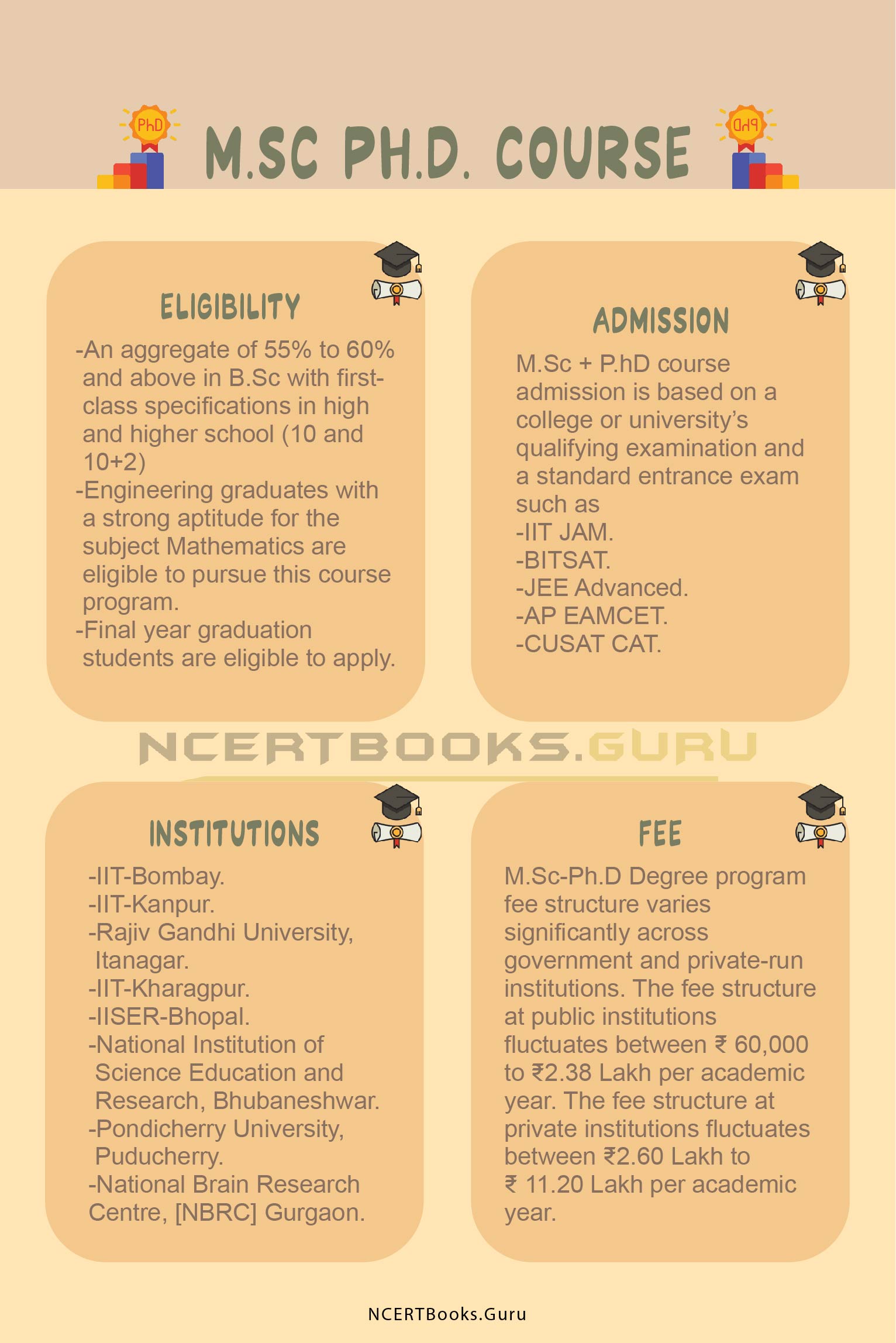
Private Sector Career Options:
M.Sc-Ph.D Degree graduates have career scope infamous private firms such as IOCL inclusive of Japanese and German universities, Asain Paints, CIPLA, ONGC, etc. Several other companies such as Walmart, Fuzzy Logics, Goldman Sachs, Amazon, Dunia Finance, etc. offer a pay package of Rs. 20 Lacs per annum to M.Sc.-Ph.D graduates.
Government Sector Career Options:
M.Sc-Ph.D Degree graduates hold a massive career scope in governmental sectors as follows:
Research or Scientists:
Career prospects as research or scientists in Government-owned Scientific Research and Development organizations. The candidates must qualify for the CSIR NET Exam to get the Scientist or Researcher Position in any of the below-mentioned institutions.
- Nuclear Science Centre, New Delhi
- Bhabha Atomic Research Centre (BARC)
- Defense Research and Development Organization (DRDO)
- Indian Space Research Organization (ISRO)
- Physical Research Laboratory, Ahmedabad
- Saha Institute of Nuclear Physics, Kolkata
Officer Jobs Profiles
Career prospects for M.Sc.-Ph.D Degree graduates in India’s prestigious Government Organizations are:
- Bharat Petroleum
- Oil and Natural Gas Corporation (ONGC)
- National Thermal Power Corporation (NTPC)
- Indian Oil Corporation Limited (IOCL)
- Bharat Heavy Electricals Limited (BHEL)
Assistant Professors
Career prospects for M.Sc.-Ph.D Degree graduates as Assistant Professors at India’s Top Most Universities. Qualified candidates can apply for the Direct Recruitment process for the job profiles Assistant Professors or Lecturers in any reputed Indian University.
However, the pay package depends on the candidate’s skills and academic background. Candidates are hired on higher salary packages. Candidates need to qualify for the UGC NET Exam to deem eligible to apply for the Lectureship Jobs in any reputed Indian University.
Railway Officer
There are various employment posts for qualified M.Sc.-Ph.D Degree graduates in Indian Railways. Candidates can opt to employ in the following positions:
- Trainee Officer
- Honoring Visiting Specialist
- Project Associate
- Junior Research Fellow
- Deputy Country Representative
- Associate Analyst
- Research Associate
- Associate Software Engineer
Other Government Organizations
Below is a list of a few government organizations that offer other various platforms for M.Sc.-Ph.D Degree graduates to such as Universities, Ministries, and Banks.
- Wildlife Institute of India
- Punjab Agricultural University
- State Bank of India, SBI
- Regional Centre for Biotechnology, RCB
- Indian Association for the Cultivation of Science, IACS
- Indian Association for the Cultivation of Science
- ICMR – National Institute of Cancer Prevention
- Bank of India
- Hindustan Aeronautics Limited, HAL
- CSIR-Institute of Minerals & Materials Technology
- National Institute of Biomedical Genomics, NIBMG
- Ministry of Agriculture & Welfare Affairs
- Central University of South Bihar
- Hindustan Aeronautics Limited, HAL
- National Institute of Biomedical Genomics, NIBMG
- Ministry of Environment, Forest & Climate Change
- National Seeds Corporation Limited
- National Payments Corporation of India, NPCI
- Indian Farmers Fertilizer Cooperative Limited, IFFCO
- Central Silk Board
Salary Prospects of an M.Sc Ph.D. Graduate
| Job Profile | Average Starting Salary (per year) |
| Research Scientist | ₹ 606,782 Lacs per annum |
| Professor, Postsecondary or Higher Education | ₹ 1,020,000 Lakhs per annum |
| Clinical Psychologist | ₹ 1,020,000 Lakhs per annum |
| Assistant Professor, Postsecondary / Higher Education | ₹ 660,000 Lakhs per annum |
FAQ’s on M.Sc Ph.D.
Question 1.
What is the primary difference between dual M.Sc Ph.D. and joint M.Sc Ph.D.?
Answer:
The primary difference that distinguishes between a ‘dual-degree program’ and that of joint MSc-PhD is that students cannot leave without completing his/her doctorate while pursuing a Joint MSc-PhD degree course. However, the former course program gives students the option to move out with a Masters’s degree if they have no interest in studying further.
Question 2.
How long is the M.Sc Ph.D. course program?
Answer:
The course duration for the M.Sc Ph.D. Course program is between 6 to 6.8 years.
Question 3.
What are the eligibility criteria for the M.Sc Ph.D. course program?
Answer:
To pursue the MSc-PhD course program, candidates should meet the following eligibility criteria:
- An aggregate of 55% to 60% and above in B.Sc with first-class specifications in high and higher school ( 10 and 10+2)
- Engineering graduates with a strong aptitude for the subject of Mathematics are eligible to pursue this course program.
- Final year graduation students are eligible to apply.
Question 4.
What are the various institution-based entrance examinations to write for the M.Sc Ph.D. course program?
Answer:
A few of the entrance examinations for students to prepare for the M.Sc Ph.D. course are- JEE Advanced, AP EAMCET, BITSAT, CUSAT CAT, Symbiosis Entrance Test, JCECE, IPU CET, etc.
Question 5.
What is the career scope in this course field?
Answer:
Graduates from this field have a great scope in both private and government organizations. M.Sc.-Ph.D Degree graduates can opt for their dream career in pots such as ONGC (Chemist Post), NTPC (Chemist), IOCL, BPCL, etc.
